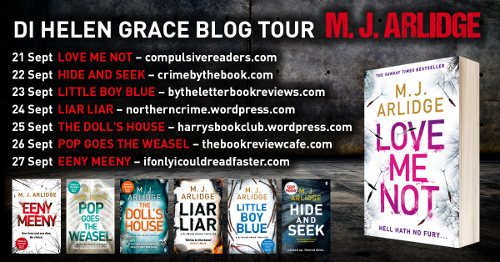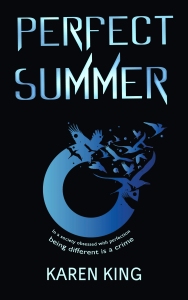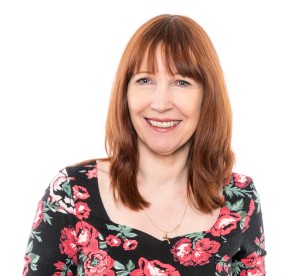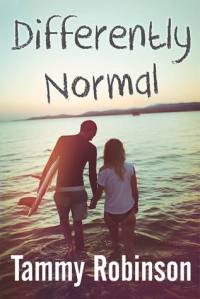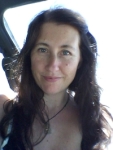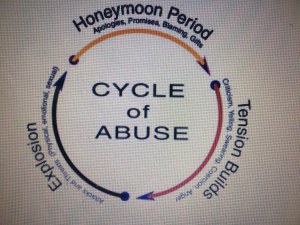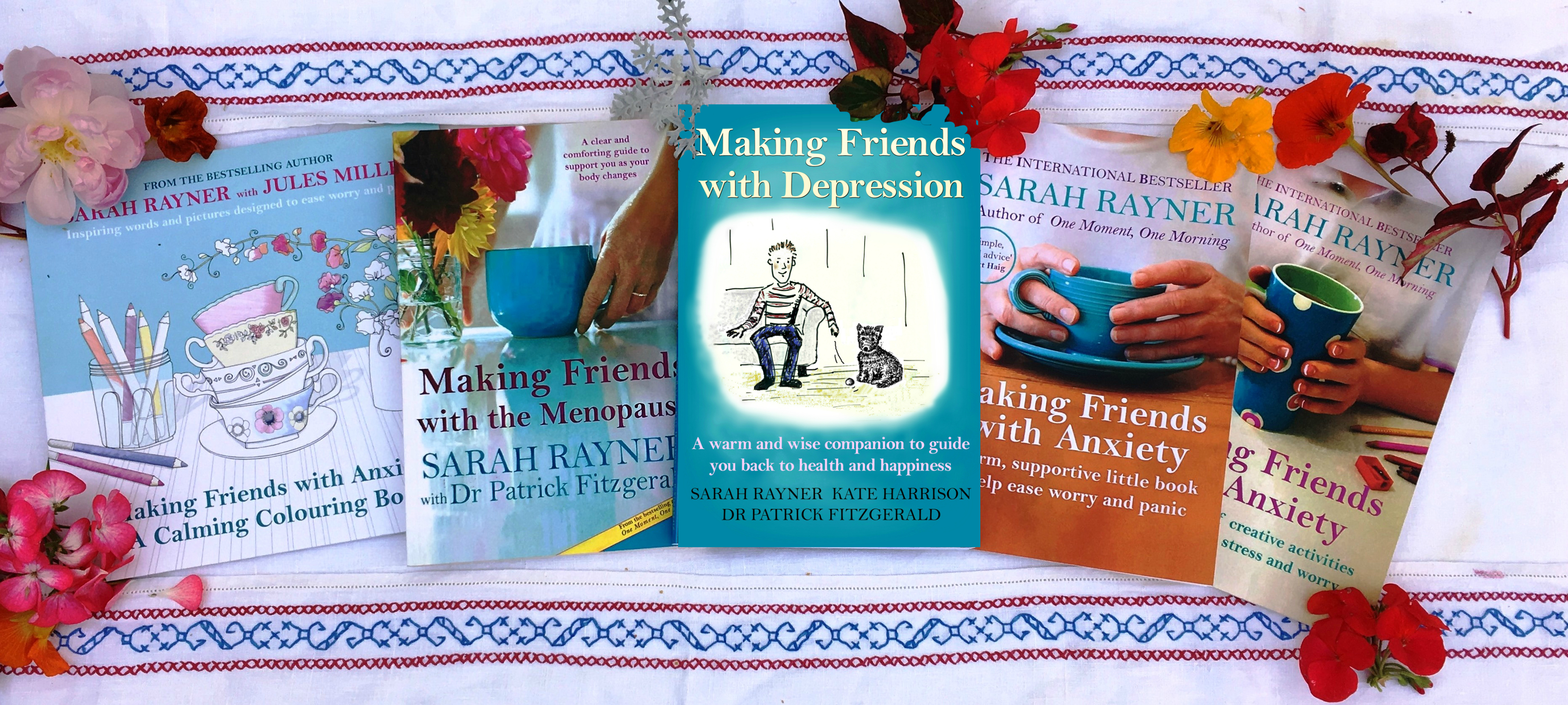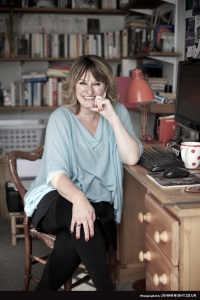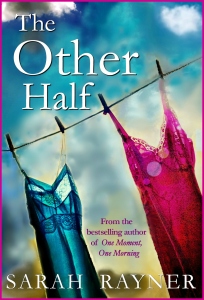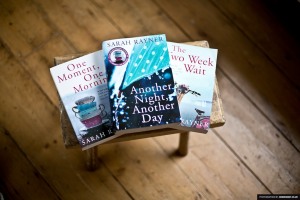
Today it is my stop on the blog tour for Oi, a powerful book that I really wanted to support even if I wasn’t able to read it myself. David Jackson, author of Oi has joined us to tell you a bit more about himself and his book.
Q&A
1) Tell us of your journey as a writer.
It all began when I attended the inaugural Your Life, Your Story event organised by Amanda Knowles (MBE) and Rosie Canning. I had tinkered with the idea of writing previously, but never got round to it because, I like to procrastinate. After the event, it all seemed like a case of the right time, and the right place, and so I simply started writing, then couldn’t stop.
2) What made you choose to write about care experience?
It was something that just seemed appropriate at the time. I had turned the story over in my head a millions times, and so it was an easy hit in that sense for a first stab at writing. The key for me was to enjoy the writing. I didn’t want it to become onerous, and once I had started, the last thing I wanted was an unfinished manuscript on my hands.
3) Do you have any personal experience with the care system, fostering, children’s homes etc?
Yes, I spent the first sixteen and a half years of my life in one form of home or another. It was a brutal indoctrination into a careless world as it was at the time, but it taught me plenty, and made me the man I am today.
3) How did you go about the writing process?
My starting point was to develop my timeline. As the story was a reflection of my life at that moment in time, there was a clear chronology. I plotted the start date, the end date, the midpoint, and then I began to populate events that occurred between all points on the time line. Within the hour, I was looking at a timeline with nearly one hundred events listed against it.
I then began to trim that down, using on those events that had a significant link between them, and which also at face value, appeared to support that narrative that I had in mind. This proved a more difficult task, as items came, went and then returned. But eventually it led to a strong timeline, from which I could begin the actual writing process.
My first draft comprised approximately 70,000 words, which was essentially a brain dump of everything that I had rolling around in my head. It was completely without structure, but the point was to get it onto the screen in order that I could work on it later. The second draft rose to around 100,000 as I added more and more detail, fleshed out the storyline and improved the overall readability. I think the final draft peaked out at around 130,000 words.
4) What is the meaning of the title?
In essence it is just a reflection of the feelings that I and many others probably felt as life was brutally unfolding in front of us. It is the one word that I seem to recall hearing frequently throughout my childhood. It was as if people simple chose not to use your name, and that ‘Oi’ would do..
5) What are you currently working on? What can we look forward to reading?
I am currently sketching out a thriller, and have a few other ideas rolling around in my head. I will follow the same process as before when I start writing, and hopefully you will all see me on a best-sellers list sometime soon.
6) What diverse characters do you think are missing from literature?
It would be nice if a care experienced person was portrayed somewhere in literature that didn’t involve a prison, drugs, homelessness, etc. The change has to start somewhere, and so I am writing in one or two care experienced characters into my thriller, and they will feature prominently.
7) Who is your favourite literary character from childhood and why?….
I sadly don’t have one. My childhood reading was mainly confined to comics and football stickers/albums. There was no parental influence, and very few books at my disposal as a child, and so you could say I not only missed out, but have cultivated the non-reading habit into adult life. Maybe that’s my next big challenge. A book a month for a year, and see how I go.
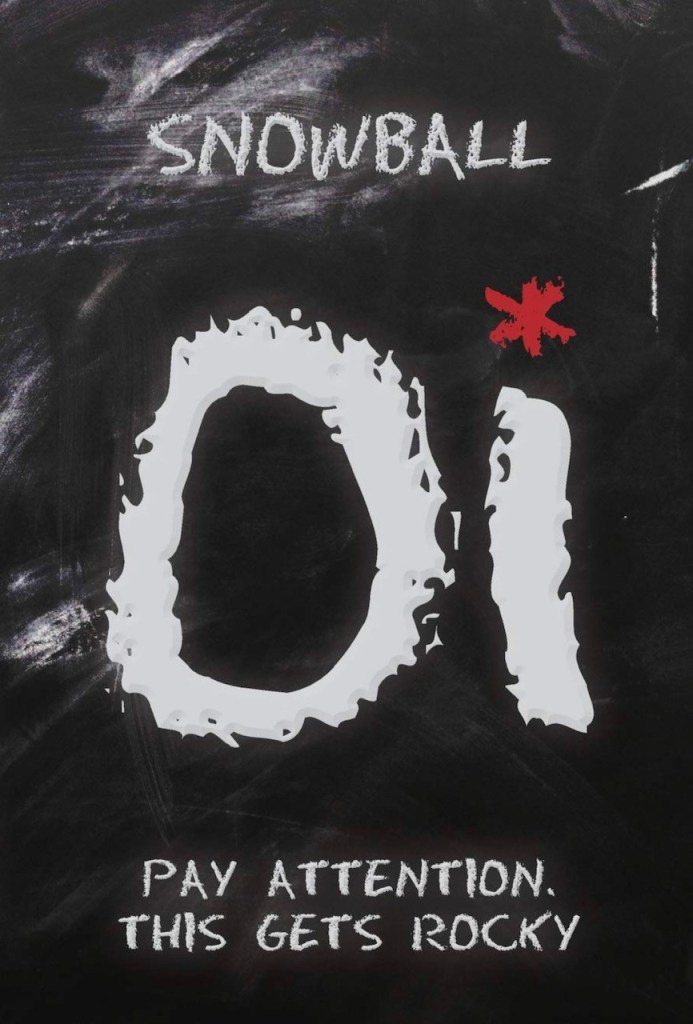
Amazon: https://www.amazon.co.uk/Oi-You-cker-Snowball-People/dp/1912183730
Blurb:
This is a harrowing personal voyage into the 1960-80s childcare system as experienced first-hand by the author and many like him. It was a brutally horrific system, that made countless victims of the very children it was designed to protect. These brutally horrific regimes, founded upon extraordinary levels of inhumanity, cruelty, violence, fear, and intimidation, brought children to their knees, brutalised, cowed and often in fear for their very existence.It was a stark, depressive, and oppressively dysfunctional system, that imposed perpetual physical suffering and mental hardship, upon its most vulnerable charges. It was a pernicious cycle of ritualised systematic abuse, inflicted on some of the most vulnerable children society could offer up.This was the environment that the ‘Unfortunates’ found themselves embedded in during the 1960s. It was a system that lacked care, thought, and all things humane. A system where the imposition of brutal physical and sexual abuse had become normalised, legitimised, embraced and ultimately, forcefully accepted. This was life in a local authority home. These were the homes of ‘the Damned’, where a catalogue of daily horrors were inflicted for the personal pleasure of those charged with the care of this hidden, and often forgotten, sub-culture of children who, through no fault of their own, were forced to embrace these traumas, and endure a fight for their very survival.
ABOUT THE AUTHOR:
The author, David Lee Jackson (1964 – Present) was born in Withington, Manchester in England, into an impoverished black family. Within months of being born, he found himself on the wrong end of abusive parenting, being hospitalised and close to death.
Eventually recovering and well enough to be treated as an out-patient, he was placed into foster care, where he was loved and he began to thrive. Unforeseen circumstances forced him from this loving home, and he found himself at the brutal and often criminal mercies of an abusive and violent childcare system.
The 1960s and 1970s British Childcare System cared little for the children under its control. It was a brutal, degrading, violent and occasionally deadly environment, into which children were not only thrown like lambs to the slaughter, but were then expected to emerge as competent, capable, contributing members of the society that had so shamelessly failed them at every juncture.
He survived by navigating his course through one violent and abusive encounter after another. Living on his wits, and his fists where necessary, and longing for the day he would finally be freed from this physical and psychological turmoil.
David survived, educated himself, obtaining an Honours Degree in Psychology and a Master’s Degree in International Business. He has been an elected public official, served on a number of charity boards and forums, and is an active campaigner on social justice and equality issues. David has worked in the criminal justice system, working with drug-addicted offenders, many with shared or similar backgrounds to his own, and he is a well-travelled and widely respected project management consultant.
In 2018, David (under the name Snowball) published the widely praised and much talked about book, ‘Oi’ through the Amazon network, in which he detailed in all its brutally cold and horrifically ignoble glory, the horrifying levels of abuse, brutality and criminality that he encountered, while being raised in the British Childcare System throughout the 1960s and 1970s. The book itself is a testament to the enduring resilience of all children living through adversity and both physical and psychological hardship, and an indictment of the casually brutal and often criminal systems, that inflict relentless brutality upon children it has been charged with caring for.
Reviews included:
…..Harrowing, Brutal and Truthful! Buckle up and read Snowballs heart wrenching account of a life that no child should ever experience- prepare to be shocked to the core, be ready to feel every emotion…..(Brenda Lee)
……one of the most emotional journeys you will ever take with a child who survives unbelievable childhood adversity. At times it is almost too painful to witness, it truly is a tribute to the child and the man who wrote it……Amanda Knowles (MBE)
…..this book is as epic, as it is painful read at times and extremely sad! It illustrates a time when Victorian child care was still in evidence even in the 60s, 70s & 80s and children were definitely to be seen and not heard………this book will educate……Anon
David is currently resident in the United Kingdom, where amongst other professional endeavours, he has embarked on a blossoming career as a Keynote Speaker and Motivational Presenter. He has an adult son and enjoys the comfort of a vast extended family, that is spread across the entirety of the United kingdom.
To quote David in words he would choose himself:
………….Life has been a tough ride at times. It would have been easy, and acceptable to simply give up, to shrink, to fade away as expected. However, there is an irrepressible force inside all of us called, the Human Spirit, and it constantly screams at me, ‘David, you may not be responsible for being down, but you are responsible for getting back up again’…………………and so I get up.
Twitter @OYFtheBook


